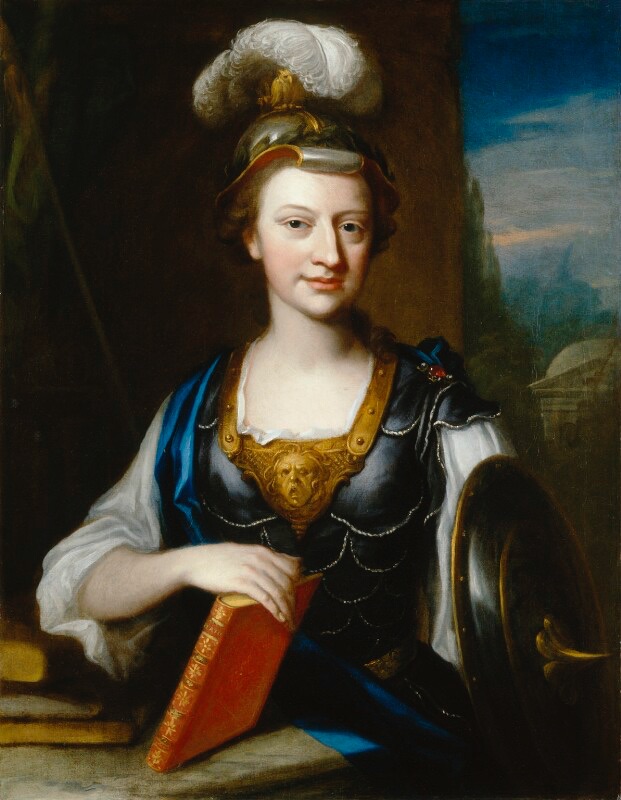
Writers’ Tongues. Shaping Literary Selves in Eighteenth-Century Multilingual Europe (KU Leuven, Belgique)
Writers’ Tongues: Shaping Literary Selves in Eighteenth-Century Multilingual Europe
22 March 2024, KU Leuven, Belgium
During the long eighteenth century, several changes in the conception of literary authorship took place. As previously underrepresented groups in Europe – such as women writers, migrant writers, and hack writers – increasingly found their way to pen, page and printing press, the perception and the actuality of the “Author” was no longer restricted to the classically-trained Man of leisure. Instead, the image of the author became more fluid: an enterprising, collaborating professional of any gender or background, whose eclectic oeuvre contained a variety of genres, forms, original works and translations (Griffin 2014; Havens 2019; Schellenberg 2019). While searching for a position in the literary field, these writers reflected on their intellectual, translational and authorial identities in their texts, often in dialogue with their readers and/or members from their broader networks. Their published and unpublished writings carry traces of this exploration, construction, fragmentation and (re)negotiation of their intellectual, authorial and authoritative self/ves (Meizoz 2007; Amossy 2010). These discursive self-representations reflect, moreover, the writers’ stance on multilingualism. Recent scholarship has already demonstrated that early modern writers lived at the crossroads of different languages, dialects, vernaculars and classical languages alike (Burke 2004; Burke 2005; Fidecaro et al. 2009; Hayes, J.C. 2009; Bloemendal 2015; Frijhoff and Rjéoutski 2018; Bennet and Cattaneo 2022). The modes and processes in which those languages informed the intellectual and authorial self-fashioning of eighteenth-century European writers remain, however, strikingly underexplored.
This conference will approach the intellectual and authorial self-fashioning of eighteenth-century European writers from a multilingual perspective: it seeks to understand the importance of the writers’ “tongues” to their self-representation and identity/ies. It inquires into the influence of language alternations (at the level of the (para)text or the oeuvre as a whole) and, more broadly, the influence of reflections on translation and multilingualism on processes of identity construction. How did early modern writers’ cultural, social, political… identity, their values, and relations affect their language decisions? To what extent did they utilize their “tongues” to comply with, contribute to, dissent from, subvert or manipulate behavioral patterns and power structures to forge their self-representation? As Burke (2004) highlights, an individual’s language use is an ‘act of identity’, a performance depending on the situation; multilingualism and translation can therefore also be understood as tools which underscore the mutability, discordance and heterogeneity in the creation and the representation of the literary self.
The objective of this conference is thus to welcome and facilitate interaction between different methodological perspectives and knowledge bases. Conference participants are encouraged to reflect upon the theoretical concepts used in authorship, translation and literary multilingualism studies. The aim is to stimulate awareness of the importance of literary multilingualism and translation to eighteenth-century conceptions and realities of authorship, as well as and to inform and encourage conversation, during and after the conference, between scholars of different disciplines.
The organisers welcome submissions on the following topics:
- The role of language (literary multilingualism and translation) in the self-representation of eighteenth-century European writers;
- The interplay between authority and literary languages (vernacular and classical languages alike);
- The presence of multilingual authorship in the text, paratext, and/or translation;
- Literary multilingualism and translation in the writer’s network;
- Writers’ discourse, metadiscourse and debate on literary multilingualism/translation;
- The multilingual writer and/or translator versus the emerging nationalist ideal of “one language, one people, one culture”;
- Theoretical and methodological approaches to historical authorship, literary multilingualism and translation.
Confirmed keynote speaker: Dr Gillian Dow (University of Southampton)
Interested speakers are invited to submit a title and an abstract of 300 words for 20-minute presentations in English by 30 September 2023.
Please send the abstracts, accompanied by a short bionote, to Amélie Jaques (amelie.jaques@kuleuven.be) and Merel Waeyaert (merel.waeyaert@kuleuven.be). Notification of acceptance will be given by 1 November 2023.
For further information, please visit our website: https://www.arts.kuleuven.be/conferences/writers-tongues-24/home
Selected bibliography
- Amossy, R. (2010). La presentation de soi: ethos et identité verbale. Presses universitaires de France.
- Bennet, K. and Cattaneo, A. (2022). Language dynamics in the early modern period. Routledge.
- Bloemendal, J. (2015). Bilingual Europe: Latin and vernacular cultures, examples of bilingualism and multilingualism c. 1300-1800. Brill.
- Burke, P. (2004). Languages and communities in early modern Europe. Cambridge university press.
- Burke, P. (2005). Lost (and found) in translation: a cultural history of translators and translating in early modern Europe. NIAS.
- Fidecaro, A., Partzsch, H., van Dijk, S. and Cossy, V. (2009). Femmes écrivains à la croisée des langues 1700-2000. Métis presses.
- Frijhoff, W. and Rjéoutski, V. (2018). Language choice in Enlightenment Europe. Education, sociability, and governance. Amsterdam university press.
- Griffin, D. (2014). Authorship in the long eighteenth century. University of Delaware press.
- Havens, H. (2019). Revising the eighteenth-century novel: authorship from manuscript to print. Cambridge university press.
- Hayes, J. C. (2009). Translation, subjectivity, and culture in France and England 1600-1800. Stanford university press.
- Meizoz, J. (2007). Postures littéraires: mises en scene modernes de l’auteur: essai. Slatkine.
- Schellenberg, B. (2019). “The eighteenth century: print, professionalization, and defining the author”. In Berensmeyer, Ingo; Buelens, Gert; Demoor Marysa (eds.), The Cambridge handbook of literary authorship, pp. 133-146. Cambridge university press.